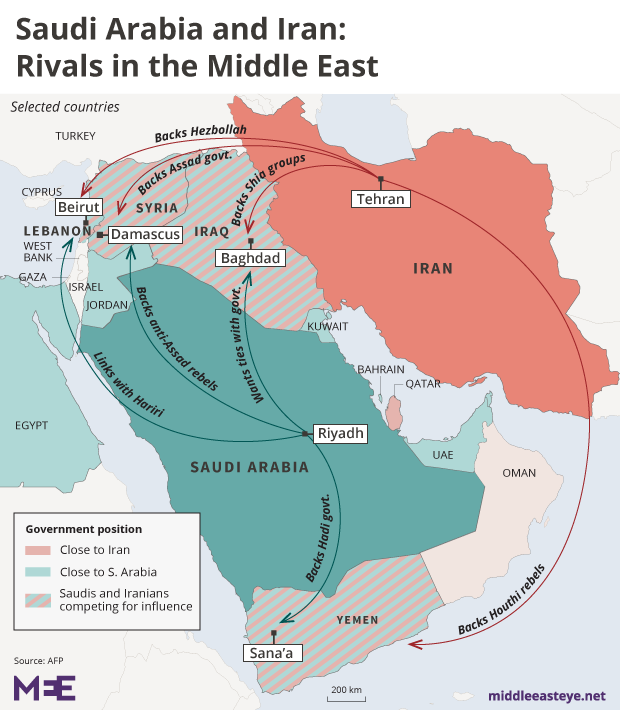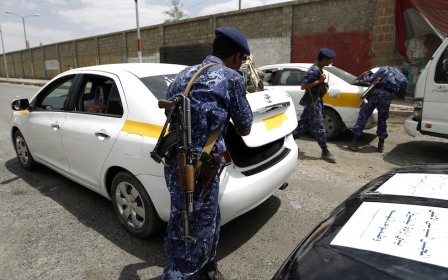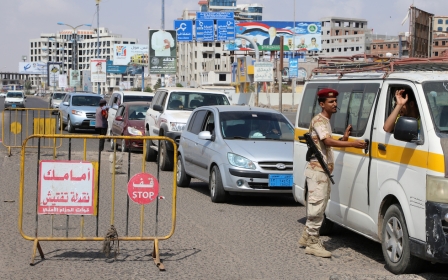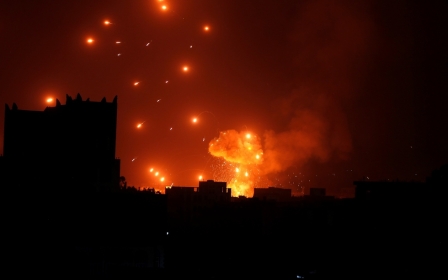Russia vetoes UN measure to call out Iran over arming Yemen's Houthis
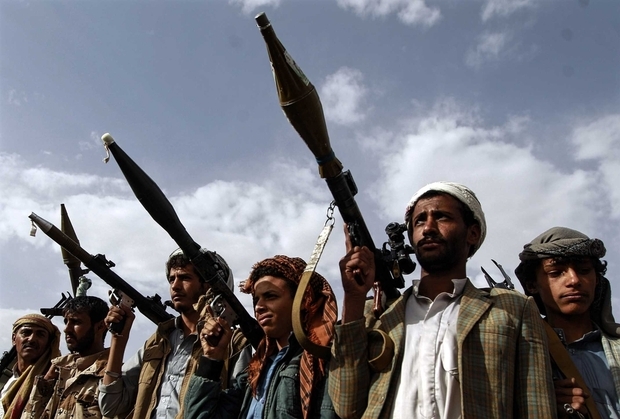
Russia vetoed on Monday a UN Security Council draft resolution presented by Britain that would have pressured Iran over its alleged failure to block supplies of missiles to Yemen's Houthi rebels.
The text, strongly supported by the United States, won 11 favourable votes at the 15-member Security Council but was blocked by Russia's veto.
China and Kazakhstan abstained, while Bolivia also voted against the measure.
Nine votes and no vetoes from the five permanent council members - Britain, France, China, Russia and the United States - are required to adopt resolutions at the Security Council.
After the veto, the council unanimously adopted a Russian-drafted measure that extended for one year sanctions related to Yemen, but that text made no mention of Iran.
The Russian veto was a defeat for the United States, which has been lobbying for months for Iran to be called out at the United Nations, while at the same time threatening to quit a 2015 deal among world powers to curb Iran's nuclear programme if "disastrous flaws" are not fixed.
Britain had sought to include in its measure an expression of "particular concern" from the council over a UN report that found Iran had violated the 2015 arms embargo on Yemen.The latest British draft dropped the condemnation and instead expressed concern that UN experts monitoring the sanctions reported Iran had violated a targeted arms embargo by failing to stop missiles and unmanned aerial vehicles reaching the Houthis.
The report by a UN panel of experts in January concluded that Iran was in violation after determining that missiles fired by the Houthis at Saudi Arabia last year were made in Iran.
After hours of negotiations to try to reach a compromise, Russia made clear that it had strong reservations about the findings of the report and would not support a draft resolution that mentioned them.
"We cannot concur with uncorroborated conclusions and evidence which requires verification and discussions within the sanctions committee," Russian Ambassador Vassily Nebenzia told the council.
Iran has repeatedly denied arming the Houthis in Yemen, despite claims by the United States and Saudi Arabia that the evidence of an arms connection is irrefutable.
After the Russian veto, US Ambassador Nikki Haley released a statement accusing Russia of protecting "the terrorist-sponsoring regime in Iran" and warned of further action targeting Iran.
A Saudi-led coalition supporting Yemen's government has been fighting the Houthis since 2015 in a war that has led to what the United Nations describes as the world's worst humanitarian crisis.
New MEE newsletter: Jerusalem Dispatch
Sign up to get the latest insights and analysis on Israel-Palestine, alongside Turkey Unpacked and other MEE newsletters
Middle East Eye delivers independent and unrivalled coverage and analysis of the Middle East, North Africa and beyond. To learn more about republishing this content and the associated fees, please fill out this form. More about MEE can be found here.


